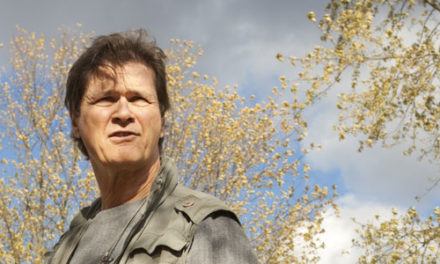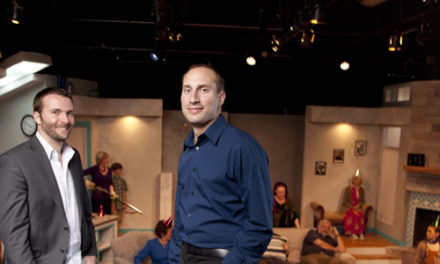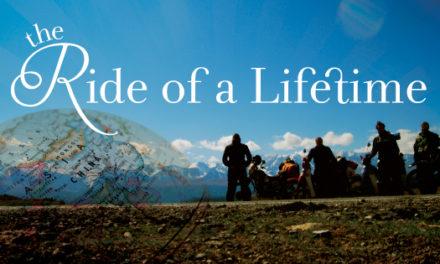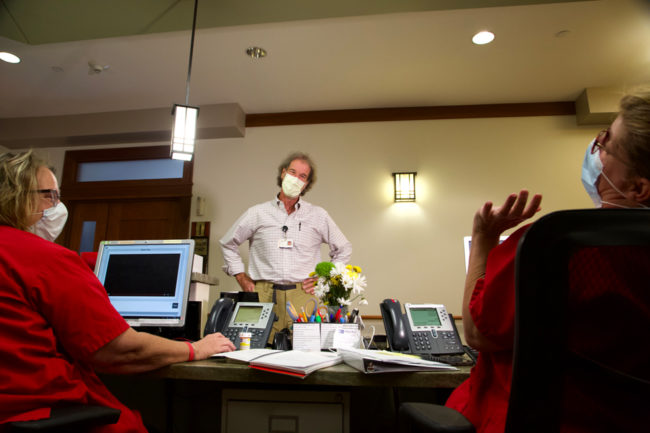
by DR. ROB STONE
I recently spoke (by Zoom) with the new crop of first-year medical students at the Indiana University–Bloomington campus on the topic of Physician Advocacy. I told them:
“I started med school in August of 1973, 47 years ago. It is tempting to talk about all the changes and breakthroughs since then. … Instead, let’s talk about one thing that has hardly changed—the way we pay for medical care. In ’73 we had Medicare, Medicaid, the VA, the Indian Health Service, private health insurance (mostly provided through work), and tens of millions of people were uninsured.
“What I am describing is a medical caste system. The uninsured are our ‘Untouchables.’ A medical caste system, not a medical care system.
“You will learn in the coming years about the ‘social determinants of health’— the relationships between social status, what ZIP code you live in, the color of your skin, how rich or poor you are—and how that determines your likelihood of disease and your chances of a good outcome if
and when you are treated. When you hear about the social determinants of health, think ‘medical caste system.’
“And ask this question: Who deserves health care?
“In our system, those who can afford it.
“I grew up privileged in so many ways. I’m white, male, raised in the suburbs with both parents college educated, went to private and public schools. I didn’t get it that I was so privileged. I thought I was simply deserving because I studied hard and did well.
“During my medical education my patients were always poor people, and they were the teachers who gave me all my early experience: first, the rural, white poor of northern New England, and later the urban poor in Denver—Hispanic, Black, American Indian, Vietnamese.
“My first job after residency was in the barrio [a Spanish-speaking district] in West Denver’s Hispanic community. I moved back to Indiana and began a 28- year career in the emergency room. For the last nine years my work has been in palliative medicine and hospice.
“Who deserves health care? Anyone who is sick. Anyone who may get sick. In other words, everyone needs and deserves medical care.
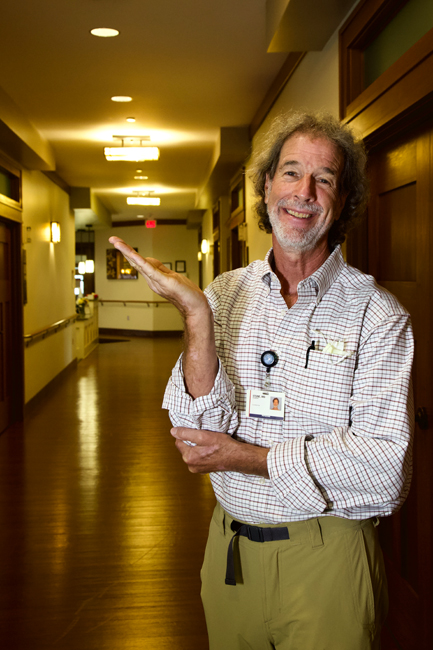
“There has been tinkering with our system over these past 47 years since I first began medical school, but the medical caste system based on the ability to pay has not fundamentally changed. The U.S. is the only industrialized democracy that has a caste system this deeply ingrained. We could change.
“So learn about all the wonders of the human body and the miraculous things medicine can do. But if you really want to change the world, then you need to change health care in this country, and to do that you need to question our assumptions about who deserves health care.
“My health care hero, Dr. Paul Farmer said, ‘I can’t show you how, exactly, health care is a basic human right. But what I can argue is that no one should have to die of a disease that is treatable.’
“James Baldwin wrote, ‘Not everything that is faced can be changed, but nothing can be changed until it is faced.’
“It is long past time for our country to face the cruel injustice of a system that denies health care to those it deems undeserving.”
So, readers of Bloom Magazine, of the 30 million Americans who cannot afford health insurance, more than half are people of color, and 30 percent are Black. This is no accident.
Doesn’t everyone deserve health care? If your answer is “yes,” then demand to know where the candidates stand and then vote for candidates who support universal health care. Everybody In, Nobody Out.


